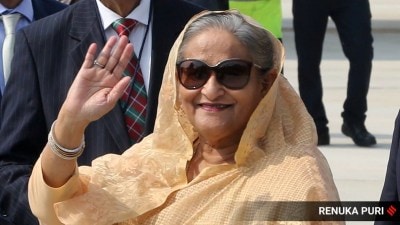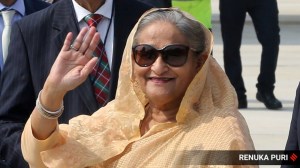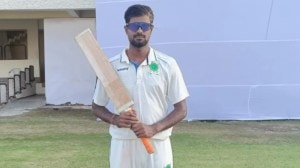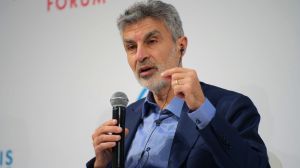Explained: Who is Filippo Osella, scholar of Kerala, who was denied entry into India?
Filippo Osella, who speaks fluent Malayalam, has spent three decades in a highly immersive study of the state, and the volume and range of his work outstrips that of most other scholars, Indian and foreign, by far.
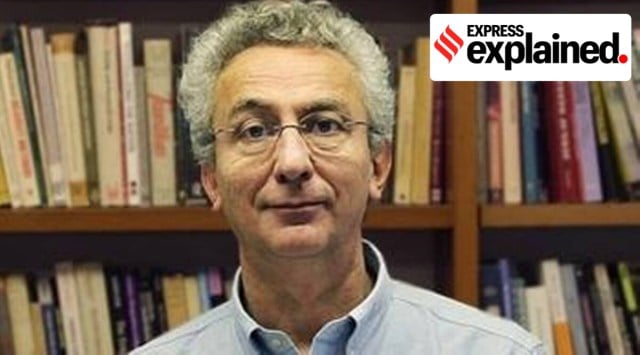 Filippo Osella. (Express photo)
Filippo Osella. (Express photo)Social anthropologist Filippo Osella who was deported from Thiruvananthapuram airport after being denied entry into India on Thursday (March 24) morning, is one of the world’s most eminent researchers on the society, economy, and religion of Kerala.
Osella, who speaks fluent Malayalam, has spent three decades in a highly immersive study of the state, and the volume and range of his work outstrips that of most other scholars, Indian and foreign, by far.
Scholar of Kerala
Osella’s research, a lot of which has been published along with Caroline Osella, has focussed, among other areas, on Hindu backward communities, Sabarimala, modernity, social trends, migration, and fashion in Kerala’s Muslim community, and Muslim charity organisations in Sri Lanka and Kerala.
The 65-year-old Italian-British Professor of Anthropology and South Asian Studies at the University of Sussex in the United Kingdom is widely respected around the world, and his works are considered essential reading for scholars of South Asia, and Kerala in particular.
His defining work, ‘Social Mobility in Kerala: Modernity and Identity in Conflict’, co-authored with Caroline Osella, is study of the Ezhavas, a formerly untouchable Hindu community that has gained economic, symbolic, and cultural capital by negotiating their social exclusions.
Religion, gender, trade
Among Osella’s other works are the books ‘Men and Masculinities in South India’ (2006), ‘Migration, Modernity and Social Transformation in South Asia’ (ed., 2003), ‘Islamic Reform in South Asia’ (2011), and ‘Religion and the Morality of the Market’ (ed., 2017); and articles and chapters including ‘Religiosity and its Others: Lived Islam in West Africa and South India’ (2020), ”You can give even if you only have ten rupees!’: Muslim Charity in a Colombo Housing Scheme’ (2018), ‘Indian Punjabi Skilled Migrants in Britain: Of Brain Drain and Under-employment’ (2013), ‘‘Ayyappan saranam’: Masculinity and the Sabarimala Pilgrimage in Kerala’ (2003), and ‘Muslim Entrepreneurs in Public Life Between India and the Gulf: Making Good and Doing Good’ (2010).
Osella’s 2012 article ‘Malabar Secrets: South Indian Muslim Men’s (Homo)sociality Across the Indian Ocean’ discussed homosexuality among the mainly Muslim men of Malabar through the characters of Usman and Zakeer. His book ‘Men and Masculinities in South India’ was an ethnographic study of Valiyagramam village to analyse gender in South Asia. The article ‘Muslim Style in South India’ (2007), while discussing the shifts in Muslim women’s dressing, pointed out that “the dress code for all communities and both sexes have been continually reworked since the 19th century”.
The Unbearable Lightness of Trust: Trade, Conviviality, and the Life-world of Indian Export Agents in Yiwu, China’ (2021) was based on field visits in China, the UAE, and India, and explored the life-world and practices of small-scale Indian export agents based in Yiwu, China. The study portrayed the working of trust in Yiwu, the global centre of commerce in cheap commodities, where the market is overdetermined by fast-moving goods, short-term gains, and low margins.



- 01
- 02
- 03
- 04
- 05



